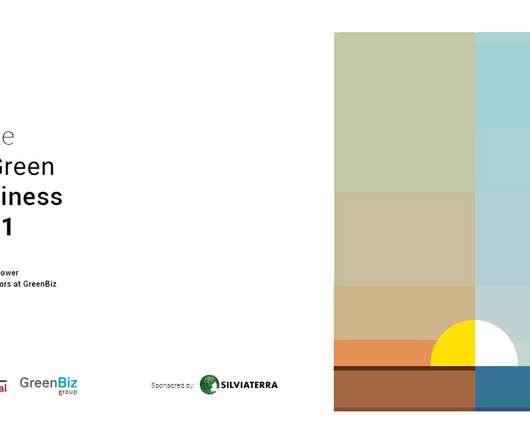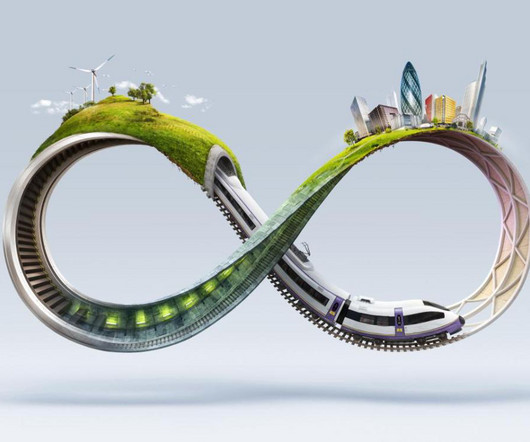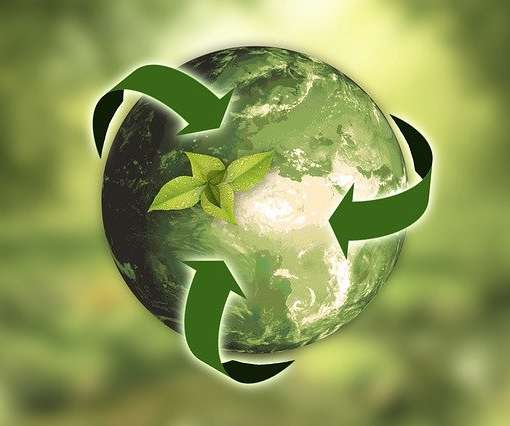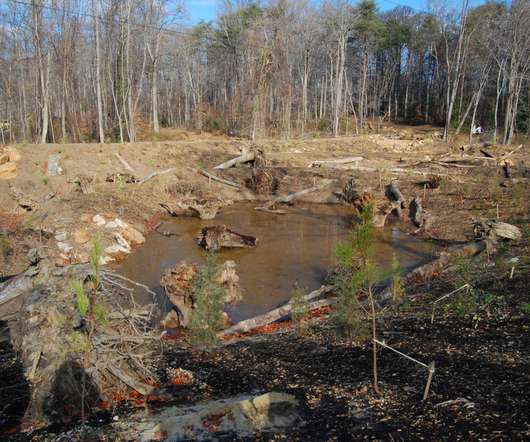The State of Green Business 2021
GreenBiz
JANUARY 25, 2021
And then 2020 happened. To our immense satisfaction, we saw little carnage within corporate sustainability departments during 2020 relative to previous economic downturns, when such functions were often among the first to be downsized or jettisoned. And the year ahead certainly would bring more of the same. Or so we predicted.



















Let's personalize your content